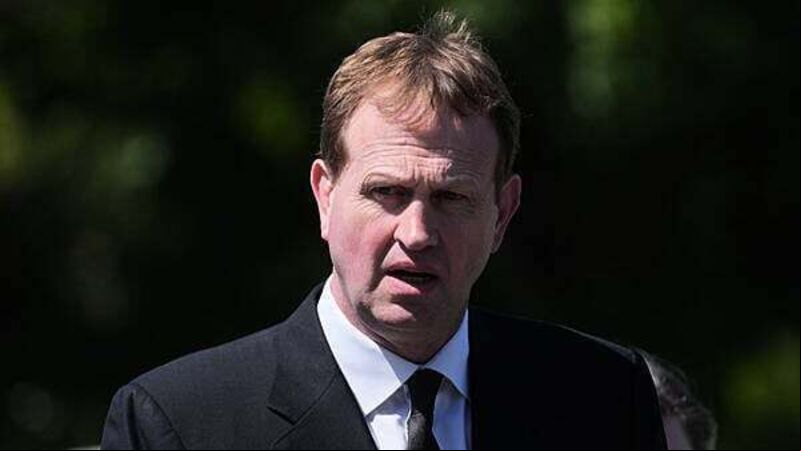Justice Minister defends deportation of children to Nigeria

By Cate McCurry, PA
It would be “untenable” to have an immigration system in which children could not be deported, the Minister for Justice has said.
Jim O’Callaghan said it would not be a “good idea” to prevent the deportation of children as it would have a “very significant impact” on the number of people seeking asylum in Ireland.
He was speaking after five children and nine women were among 35 people deported from Ireland to Nigeria on Wednesday night.
The minister said the move, which was the third chartered flight used for deportations this year, was “value for money” at a cost of €324,714.
Speaking on Friday, Mr O’Callaghan said: “Can I just say it’s not a pleasant part of the job, but it is a very important part of the job.
“In order to have a functioning immigration system, there has to be a consequence for people who are in the country unlawfully, whether they have overstayed a work permit, or whether they sought asylum and have not been granted asylum.
“I’ve heard the commentary in respect of children being deported.
“I think the system will become untenable if we introduce rules or a new policy that says children cannot be deported.”
He added: “It’s an unpleasant part of the job, but I think if I introduced a policy like that, the effect would be that we’d be an outlier in Europe, and that people would know that if they came to Ireland seeking asylum with children, that irrespective of the outcome, they couldn’t be removed.
“It would have a very significant impact in the number of people coming to Ireland seeking asylum. So I don’t think it’s a good idea.”
The minister said Ireland is a “very fair country” in allowing people seeking asylum to integrate into communities.
“The alternative is that we would do what they do in some countries and don’t allow any form of integration – we allow people to integrate.
He added: “But I suppose a consequence of the asylum process is if you apply and you’re refused there has to be a consequence, and if there isn’t a consequence then what’s the point in having the whole system in place in the first place?
“I can understand the concern that people have about it, but I just say the system will become untenable if a rule was introduced which said that children could not be deported.
“It would mean that people could come to Ireland with children in the knowledge that no matter what the outcome, they would never be required to leave.”
Mr O’Callaghan said his message to people was that they had to comply with the law.
“If you receive a deportation order, you have to comply with it. It’s not meaningless. It means something.
“If you get a deportation order, and if you have children, you’ve got to get your circumstances in order, and that requires you to leave.”
Speaking at Leinster House earlier on Friday, Sinn Féin TD Eoin O Broin said that the international protection system needs to be “comionate”, “human rights-based”, and “timely”.
He said: “Nobody should be waiting three, four or five years for the final decision to be made, and then when people are refused, not just refused in the first instance, but refused on appeal, they need to be safely returned to their country of origin.
“So that’s the way the system should work. Obviously, we’ve expressed enormous concern in the way in which the government is operating the current system.”
He added: “There’s far too much privateering, very poor-quality accommodation for adults and children awaiting the decisions. The decisions are taking far, far too long, and I know that from working with people inside the process.
“Where people are refused and are to be returned to the country of origin, it needs to be done in a comionate and a safe manner.
“We will continue to raise our concerns with the government, but the system has to work. It has to work fairly efficiently, but ultimately the decisions have to be enforced.”









